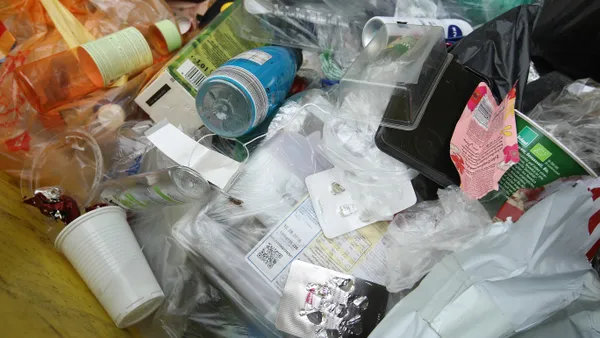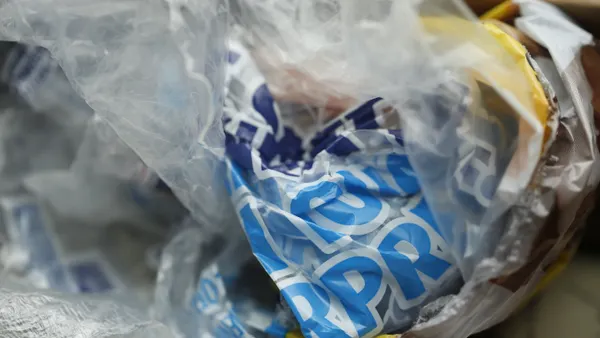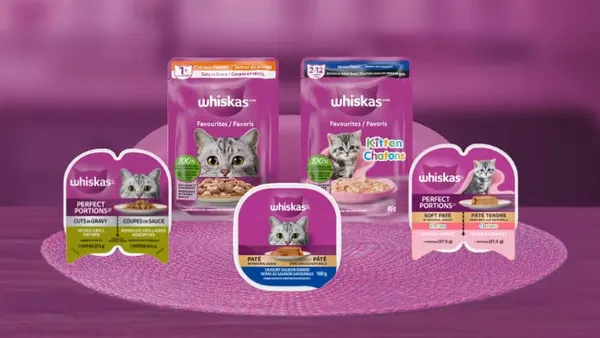Dive Brief:
- Lincoln, NE’s City of Public Works and Utilities Department awarded $14,750 to the Nebraska Farmers Union to support a program that diverts food waste from Lincoln's landfill, which is projected to reach capacity in 16 years. The Farmers Union’s "Big Red Worms" (BRW) "vermicomposting" program, launched in August 2015, collects food scraps from Lincoln public schools (LPS), restaurants, and pubs, and also collects animal compost from Lincoln Zoo and horse barns.
- The food scraps and other organic waste will be pre-composted and fed to worms, which produce vermicompost castings, the end result of broken down organic matter from earthworms. Nebraska Farmers Union’s BRW program now collects over 10 tons of food waste per month, and plans to double that figure in time.
- The City also awarded $20,000 to LPS, which will be used to add nine schools to its organic waste composting pilot project, which currently has 13 participating schools that collect food waste and transport it to Prairieland Dairy to compost with dairy cattle manure.
Dive Insight:
The project enables food waste — which would otherwise burden landfills and cost taxpayers in garbage fees — to be turned into a commodity that benefits farmers, gardeners and others while potentially cutting landfill waste by 16%. This money and environment saving goal has been one that Lincoln has tried to find new ways to achieve, including by looking at small-scale anaerobic digesters to divert yard and food wastes.
John Hansen, president of Nebraska Farmers Union, believes the organization has its work cut out for it, being a food producer whose leftover products could be turned to an asset rather than unwanted waste.
"We are creating a landfill cost and a problem that need not to be there," he said to 1011.com, adding that gardeners and crop growers will be very happy with this resource.
“We're turning a negative into a positive," he said. "If it works it would be great for other rural communities to use."









